As a marketer, it is crucial to have a clear understanding of the product life cycle. Not only will you be able to discern what phase your product is in, but with this knowledge you will also be able to prescribe the correct marketing support that your product will need to thrive and prolong its life.
The standard product life cycle contains four key phases: Introduction, Growth, Maturity and Decline. The very basis of the product life cycle comes from the biological life cycle that we are all very familiar with. For example – the plant process. First, a seed is planted (introduction); it begins to sprout (growth); it sprouts leaves and establishes a root system as it develops into an adult plant (maturity); after some time the plant will wither and die (decline).
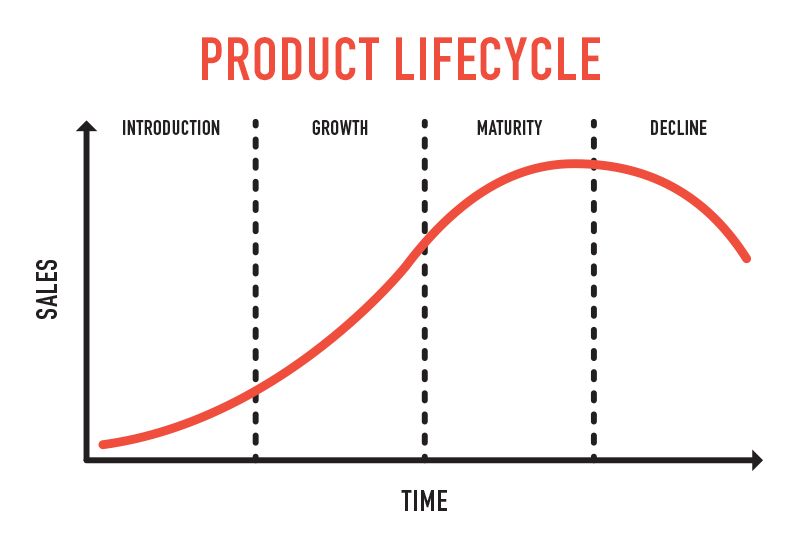
So morbid – I know.
When we refer to a product life cycle, we are assuming four things:
- Products have a limited life.
- Product sales go through specific stages, each posing new challenges and opportunities.
- Profits will rise and fall during different stages of the product life cycle.
- Products require different marketing, financial, manufacturing, and purchasing strategies in each stage.
Many products do not follow the cycle and the length of each phase varies extensively. The marketing support you provide during each crucial phase of the product life cycle can greatly impact the length of each phase and the success of your product.
A company’s positioning and differentiation strategy must be willing to adapt and evolve to the environment as the product, market and competitive landscape changes throughout the product life cycle.
Your marketing efforts should of course be targeted to audiences that find your product relevant. The more specific you can get, the more efficient and effective your marketing efforts will be.
Introduction
This phase is all about building buzz and awareness. Make a splash. Your product will be new to the marketplace and your promotions should focus on generating trial use.
Growth
The growth phase is exciting and profitable but also challenging. New competitors with similar product offerings emerge. It will be crucial to continue heavy marketing support during this phase and focus on building your brand. During this phase, your goal should be to maximize your market share as much as possible.
Maturity
Products that make it through the introduction and growth phases will spend the most time in the maturity phase. Product sales will slowly decrease and eventually stabilize. The market is saturated. With so many competing products, it will be crucial to define what makes your product unique through strategic marketing efforts. Price wars are prevalent and heavy promotion should be maintained across a variety of high impact mediums, encouraging consumers of your competitors’ products to switch to your brand.
Decline
Profits are declining. You’re slashing prices, phasing out weak items and milking your brand for all its worth. You may think that the end is near, but the decline phase could go on for quite some time. Opportunities emerge to innovate your now declining product and start over from the beginning of the life cycle.
Maximizing the Life of Your Product
The product life cycle has many ups and downs, but with the right marketing mix during the appropriate time, you can increase sales, profitability, and extend each phase and the life of your product.
Regardless of what phase your product is in, we can help you prolong it and maximize your success through our knowledge of audience development, strategic marketing and powerful branding. Reach out to us using the form below. We’d love to talk about how we can help your brand.
[gl-hs-form form_id=’1863abe3-c1e4-43d0-a298-c7b132f8ce03′]

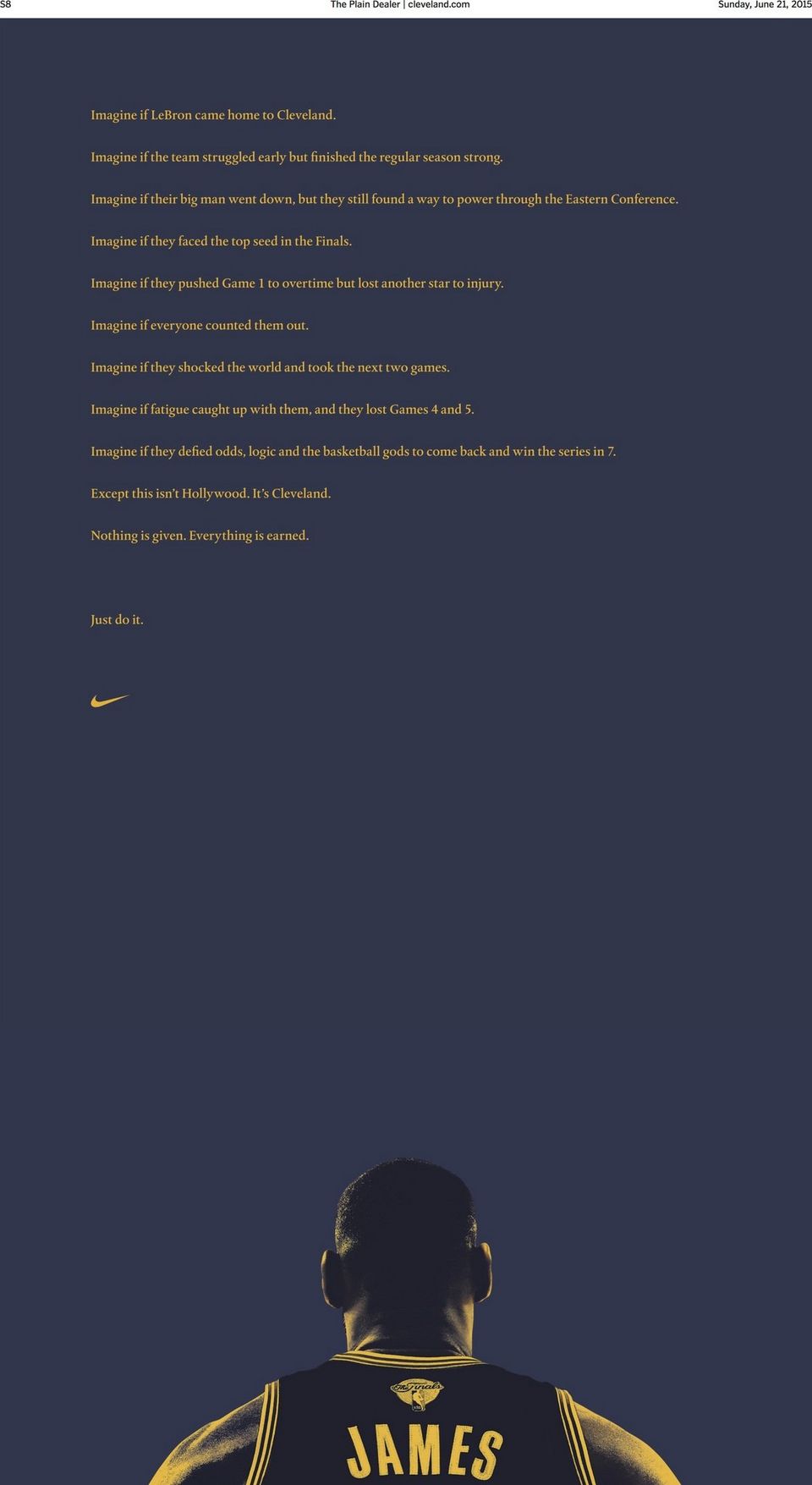


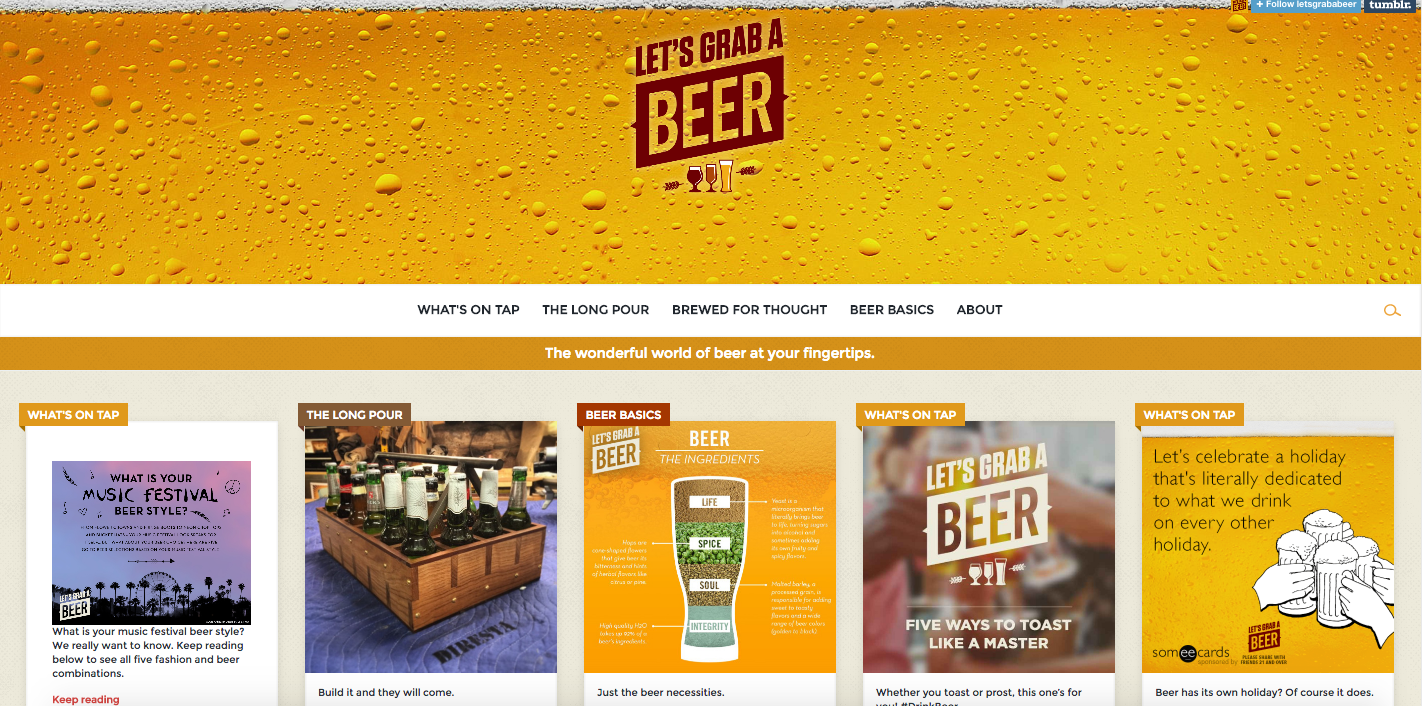
 Read more about the product, and how to get it, in the article from AdAge
Read more about the product, and how to get it, in the article from AdAge 

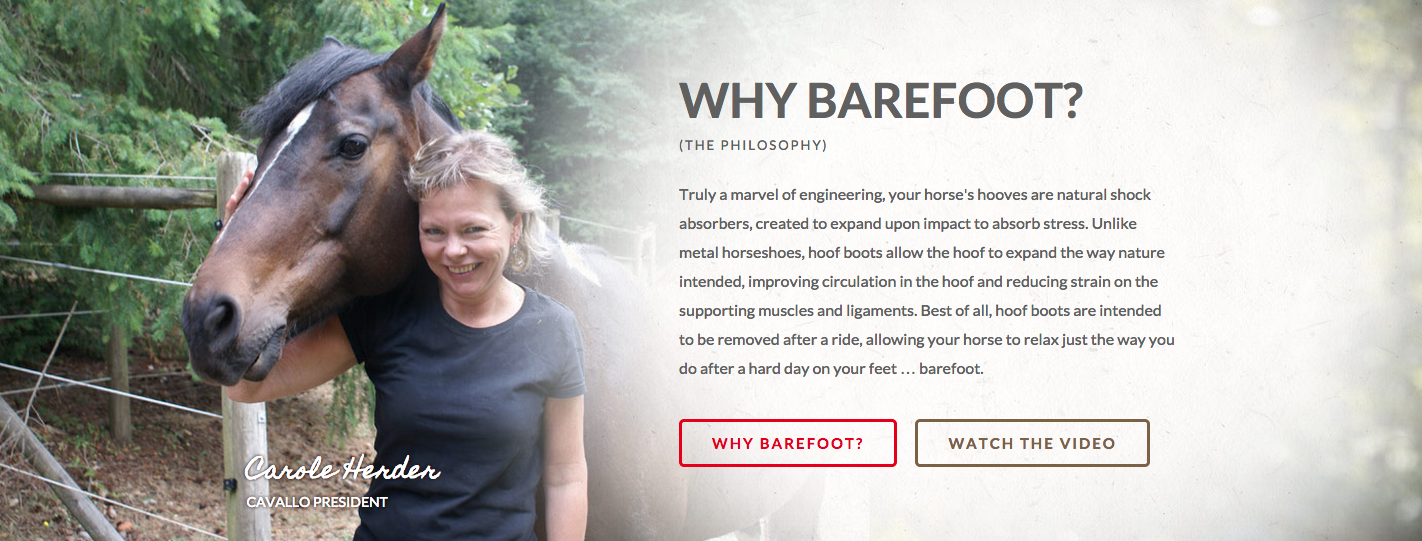



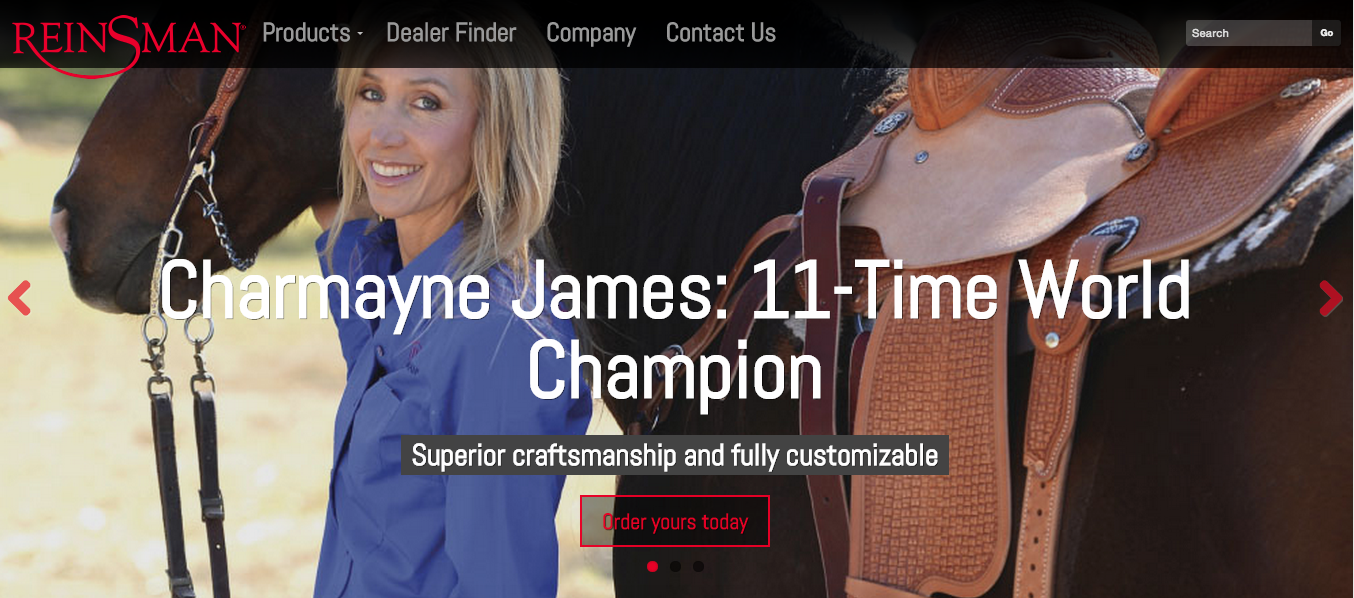





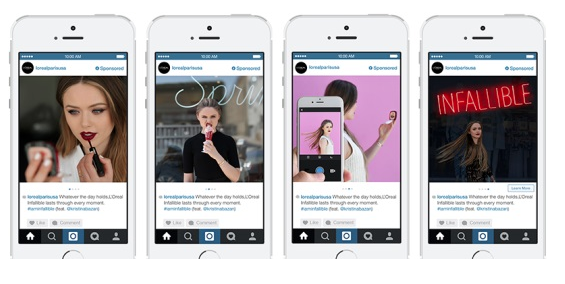




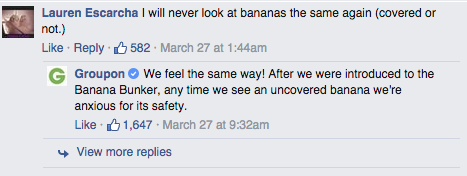

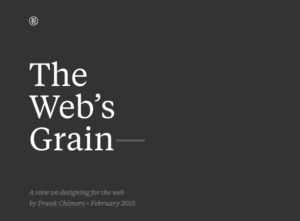 Frank Chimero
Frank Chimero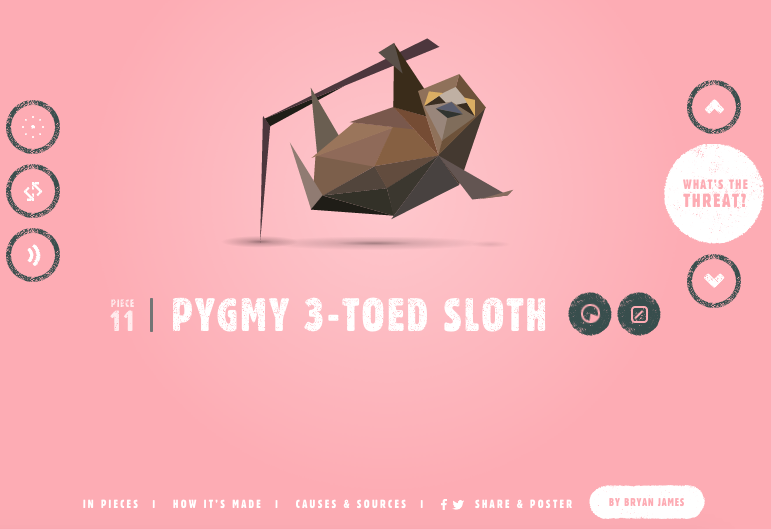 Interactive websites are all the rage. Combine interactive websites with brands wanting to do good and change the world (see trend above) and you get a site worth sharing. In Pieces is an interactive exhibition and study into 30 of the world’s both most interesting and endangered species. Bryan James lays out each animal and their information literally in 30 pieces.
Interactive websites are all the rage. Combine interactive websites with brands wanting to do good and change the world (see trend above) and you get a site worth sharing. In Pieces is an interactive exhibition and study into 30 of the world’s both most interesting and endangered species. Bryan James lays out each animal and their information literally in 30 pieces.